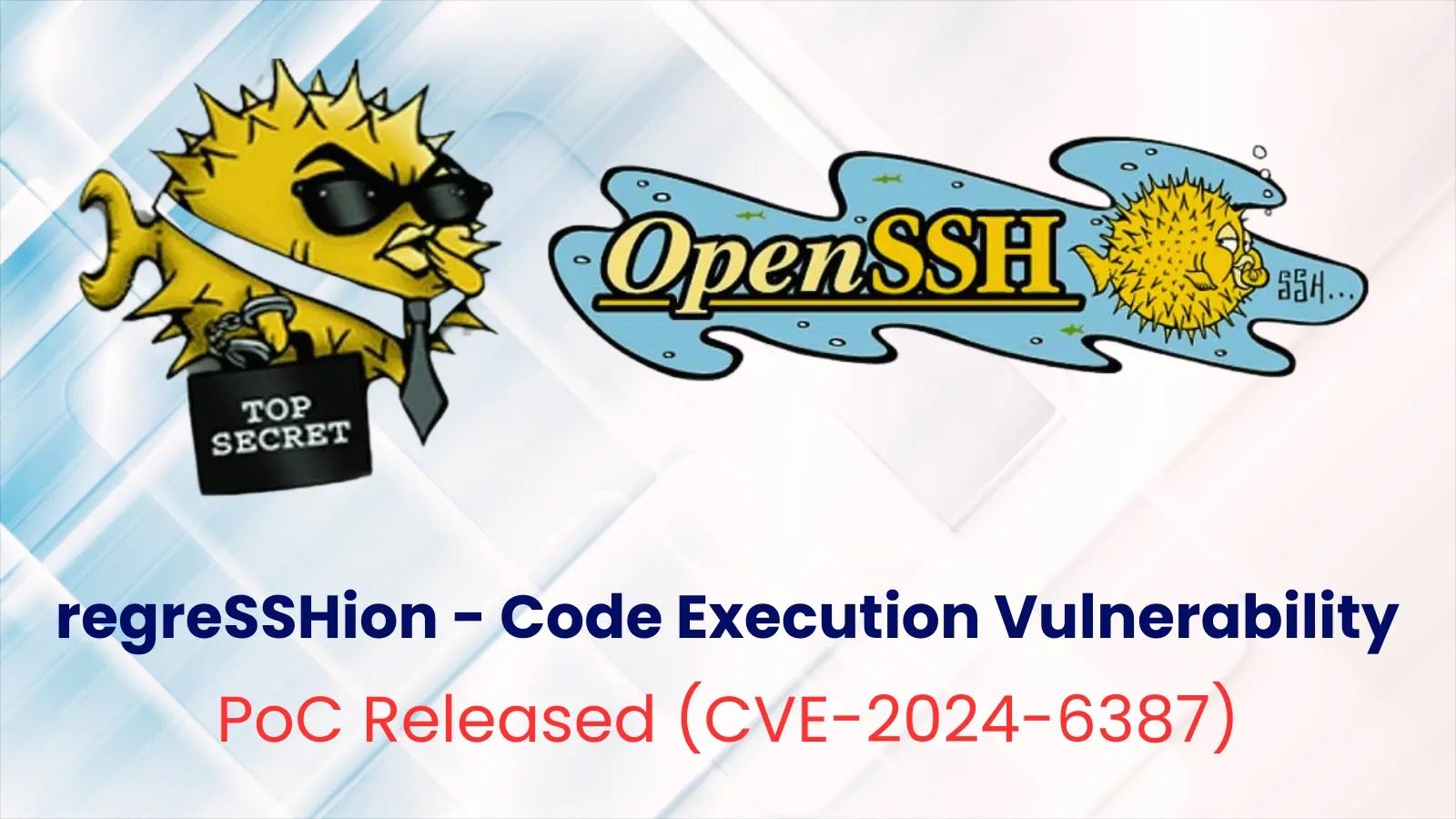Summary
A critical vulnerability named “Regresshion” has been identified in OpenSSH, which allows attackers to execute arbitrary code remotely on affected systems. OpenSSH is widely used for secure remote access, making this vulnerability especially concerning for organizations relying on it for server management. This vulnerability arises from improper handling of channel cleanup, which malicious actors can exploit to hijack affected systems. OpenSSH developers have released patches to address this issue, and users are strongly urged to update their systems immediately to prevent potential exploitation.
Risks
The Regresshion vulnerability poses a significant security threat due to its capability to enable remote code execution (RCE). If exploited, attackers could take control of vulnerable systems, potentially leading to unauthorized access, data theft, or even complete server compromise. Since OpenSSH is a foundational tool in managing remote systems securely, exploitation of this flaw could have widespread impacts across various industries. Systems exposed to the internet are particularly vulnerable to this high-severity issue.
Affected Versions
As of the published report, OpenSSH versions vulnerable to this attack include 9.3 and earlier. If you are running any of these versions, your system is at risk.
Remediation
To mitigate the risks associated with this vulnerability, OpenSSH has released updated versions that address the flaw. Users are advised to:
-
Upgrade OpenSSH to version 9.4 or later.
-
Apply additional hardening measures, such as restricting remote access to trusted IP ranges and enforcing strong authentication mechanisms like public key authentication.
-
Monitor system logs for any unusual activities, especially those involving OpenSSH connections.
Timely action is critical to securing your systems against this vulnerability.
Conclusion
The discovery of the Regresshion vulnerability highlights the importance of staying vigilant and keeping software up-to-date. Organizations using OpenSSH must act swiftly to upgrade to the latest version and implement best practices to safeguard their systems. This vulnerability underscores the necessity for robust security measures in managing remote access infrastructure.

